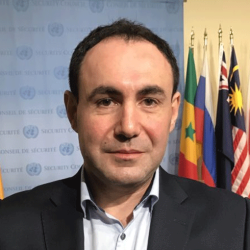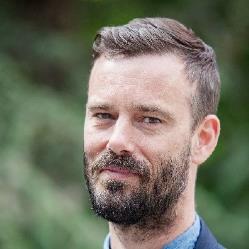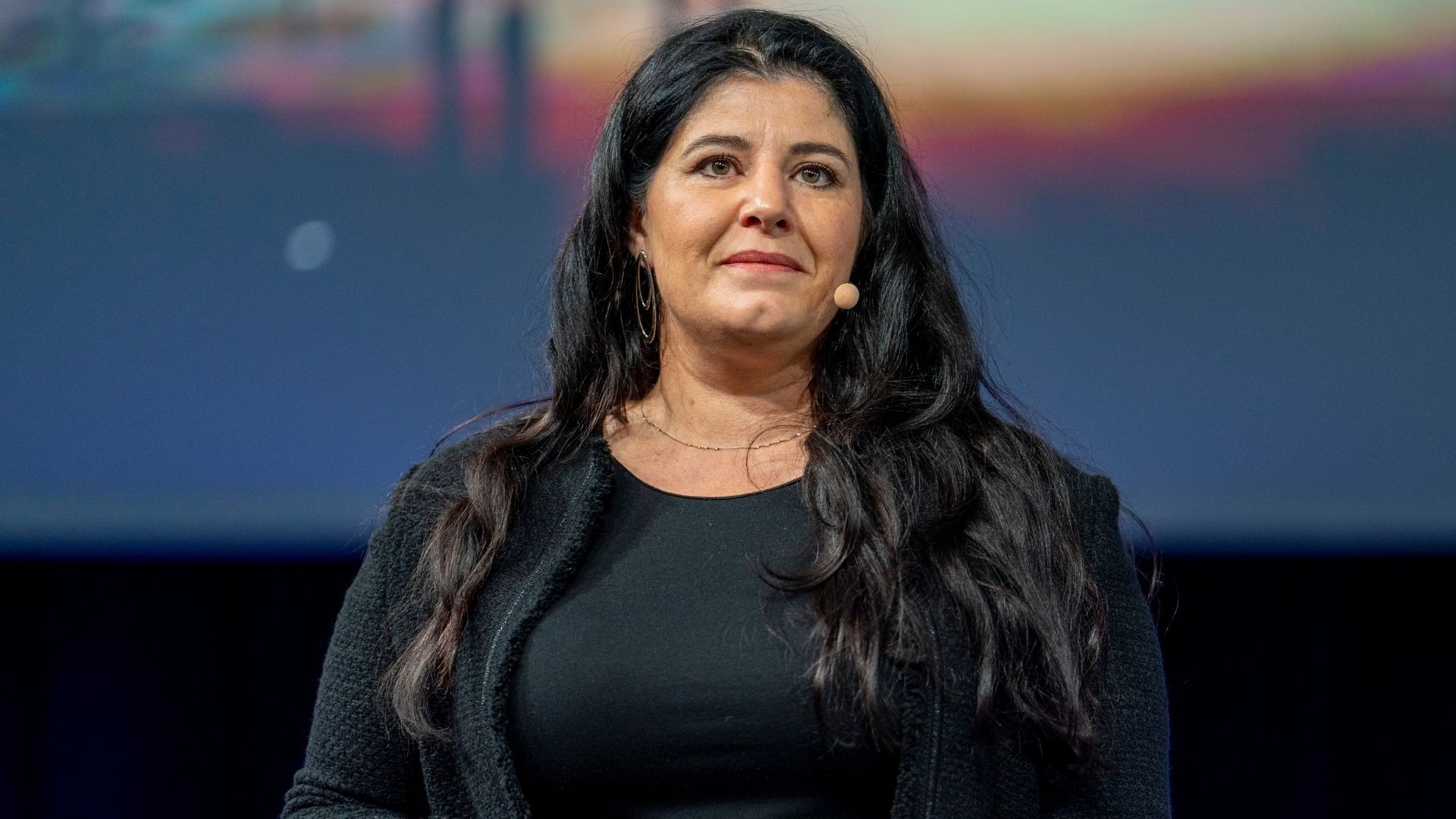The Trust Dilemma: AI across sectors
Trust Valley
Session 214
As Artificial Intelligence becomes increasingly embedded in public services, private enterprise, and global governance, the urgency to develop and implement responsible AI frameworks has never been greater. This panel will explore how principles can be translated into concrete practices that guide AI deployment while ensuring transparency, and promoting innovation that benefits all.
The discussion will span regulatory models, private-public sector collaborations, and the role of international organizations in shaping global norms. By focusing on real-world implementation and cross-sectoral collaboration, the panel will highlight how AI can be governed in ways that are inclusive, accountable, and aligned with sustainable development goals.




.jpg?maxwidth=250)
-
 C1. The role of governments and all stakeholders in the promotion of ICTs for development
C1. The role of governments and all stakeholders in the promotion of ICTs for development
-
 C3. Access to information and knowledge
C3. Access to information and knowledge
-
 C5. Building confidence and security in use of ICTs
C5. Building confidence and security in use of ICTs
C1:Address the "urgency to develop and implement responsible AI frameworks" across public services, private enterprise, and global governance. This directly speaks to the role of public governance authorities in guiding AI deployment and ensuring it serves development goals.
C3:This discussion will specifically examine AI's impact on data value chains and equitable benefit attribution to data originators. It will also address how data scarcity worsens the digital divide for localized AI development and underserved communities, alongside the market concentration in critical AI hardware and foundational models that threatens information diversity and accessibility.
C5:Building confidence and security in AI requires robust defenses against prompt engineering for guardrail circumvention and data poisoning, alongside ensuring unbiased models
-
 Goal 8: Promote inclusive and sustainable economic growth, employment and decent work for all
Goal 8: Promote inclusive and sustainable economic growth, employment and decent work for all
-
 Goal 9: Build resilient infrastructure, promote sustainable industrialization and foster innovation
Goal 9: Build resilient infrastructure, promote sustainable industrialization and foster innovation
SDG Goal 8: Decent Work and Economic Growth
Responsible AI frameworks, as discussed in the panel, can foster sustainable economic growth by ensuring that AI deployment creates new job opportunities and improves productivity without exacerbating inequalities or displacing workers unfairly. By promoting ethical AI development, this topic contributes to creating decent work environments where technology serves human well-being and economic prosperity.
SDG Goal 9: Industry, Innovation, and Infrastructure
The panel's focus on translating AI principles into concrete practices directly supports SDG 9 by promoting resilient infrastructure and fostering inclusive and sustainable industrialization. By addressing regulatory models and cross-sectoral collaboration, the discussion aims to guide AI innovation in a way that builds robust technological foundations and encourages responsible industrial development that benefits all.